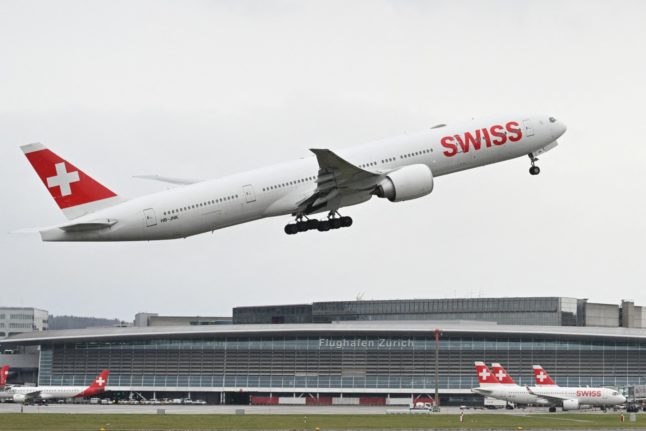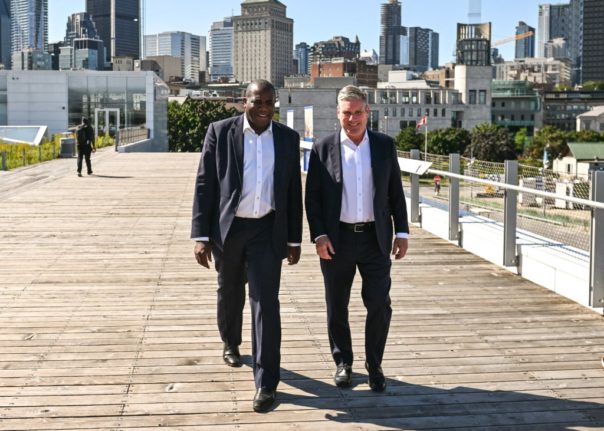Due to Switzerland’s system of direct democracy, legislative changes and changes to the cantonal and federal constitutions are decided through referendums.
READ MORE: Direct democracy: How do Switzerland’s referendums actually work?
Let’s look at Geneva and Zurich, two cantons that have a high proportion of foreign residents.
Geneva
The biggest question on the ballot in Geneva on March 3rd relates to the Praille-Acacias-Vernets (PAV) urban development.
Building law will need to be made to increase the number of condominiums that can be built on the site and restrict ownership to occupying tenants.
The changes seek to increase apartment ownership in the region.
A proposed halving of the tax on automobiles, introduced by the conservative Swiss People’s Party, will also be voted upon.
Another question seeks to reduce the number of signatures needed to change the constitution or instigate a referendum – currently at 3 and 2 percent of the population, respectively. They would be reduced to 2 and 1.5 percent if successful.
These figures are adjusted and voted on yearly; Geneva is the only canton to do this.
Finally, voters will decide whether ‘Cé qu’è lainô‘, Geneva’s unofficial anthem, will be enshrined in the constitution. With a whopping 62 verses, it recounts how the people of Geneva repulsed a Savoyard invasion in 1602.
Zurich
Two questions dominate debate among those that the citizens of Zurich will vote on March 3rd.
Primarily, voters will decide whether two runways at Zürich Airport will be lengthened by 480 and 200 metres, respectively. This is in response to a federal report following a near-miss between two Swissair aircraft in 2011.
Voters will also vote on an initiative introduced by the Young SVP, the youth wing of the Switzerland’s conservative party.
If passed, the ‘Anti-Chaoten’ measure would require protestors to obtain a permit for any planned demonstrations and hold them responsible for any costs incurred through property damage or additional required policing.
READ MORE: Why has Switzerland set dates for referendums up to the year 2042?
A third referendum will decide whether a continuous pedestrian and cycling path will be established around Lake Zurich by 2050 at the cantonal government’s expense, with work done to secure and beautify the lake shore.
Finally, enhanced requirements will be put to the vote for those seeking to be elected to Zurich’s highest cantonal courts. If this constitutional amendment is successful, appointees must reside within the canton, have a law degree, and compulsorily retire at age 68.



 Please whitelist us to continue reading.
Please whitelist us to continue reading.
Member comments